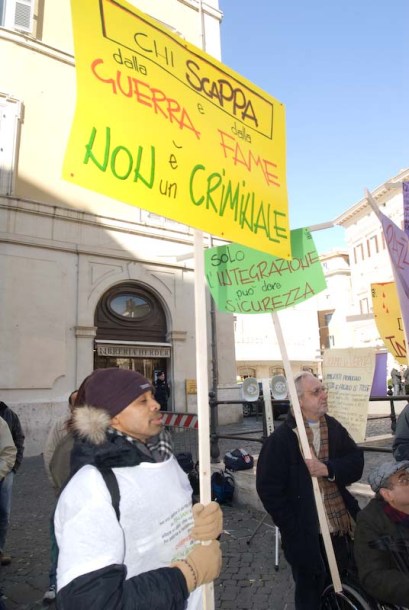In the book The Net Delusion : The Dark Side of Internet Freedom, specifically in chapter six: Why the KGB wants you to join Facebook, Evgeny Morozov discusses how online activism has two very different sides. On one hand, there is the more positive view that believes that online activism is helpful in raising awareness against certain authoritarian regimes. This is because the internet allows individuals to upload videos denouncing violence or other abuses of power by regimes. On the other hand, there is Evgeny’s more negative, but true understanding of online activism, which is that online activism can make you vulnerable to surveillance and cyber-attacks. According to Evgeny this understanding of online activism is the dark side of activism. The internet and software’s have given governments an easier way to acquire information on its citizens, the content we create can be used to learn more about us. When in many cases these types of information would be much harder to acquire, for example by putting a bug in an apartment. This aspect is often ignored by many internet users who share most of their lives on social media. This aspect is often ignored because many people don’t feel directly affected or haven’t experienced it personally. Or in other cases, when people use social media as a way to show off their lives and belongings, rather than as a tool for political activism. In western countries, we often forget the power of the internet and how in just a second, it can become a weapon utilized against us.

Even though at the moment the movement isn’t threatened and its traceability is not a threat, there may come a time where certain nations see it as something to punish. For instance, in Italy this may well become the case, as the Decreto Sicurezza makes it harder to help refugees, as it criminalizes all those refugees who were in the country through a humanitarian based visa. Moreover, as seen with Mimmo Lucano, Matteo Salvini does not like public displays of solidarity towards immigrants.
Furthermore, the organization’s presence online is crucial to gather support and volunteers that can host refugees in their homes. Therefore, when analyzing the Italian sector of the organization, it is clear that they are present on various social media websites, such as Facebook, Instagram and Twitter. Their presence online is crucial because it is used as a way to show their progress to people that follow their cause and to raise awareness so that other people might join. In fact, the organization has a number of posts showing the current families and their stay together. Most of these posts have images of the people participating and the refugees together. The fact that all these people’s photos are shown on the internet is positive for the organization as it is proof that they are achieving their objectives; However, it also puts the people participating in the spotlight and on the radar.



Therefore, if Matteo Salvini decided to apply the Decreto Sicurezza rigidly and prosecute the Refugees Welcome organization or people who have taken part in the organization, he would have all the proof because of the organization’s online presence; The organization has self-reported all the cases of hospitality towards refugees on their online platforms. The self-reported cases of hospitality organized by the organization could be viewed by someone like Matteo Salvini as cases of “facilitation of illegal immigration”, as he does not recognize asylum seekers on the grounds of humanitarian reasons, which is the international law on which the organization is based on. Therefore, the organization and its activity on the internet could backlash if Matteo Salvini decides to prosecute those who participated in helping immigrants which don’t fit his definition of “asylum-seekers”. Fortunately, this is not the case at the moment and will hopefully not become, however, as pointed out by Evgeny, online traceability can quickly become a weapon used against the activist.